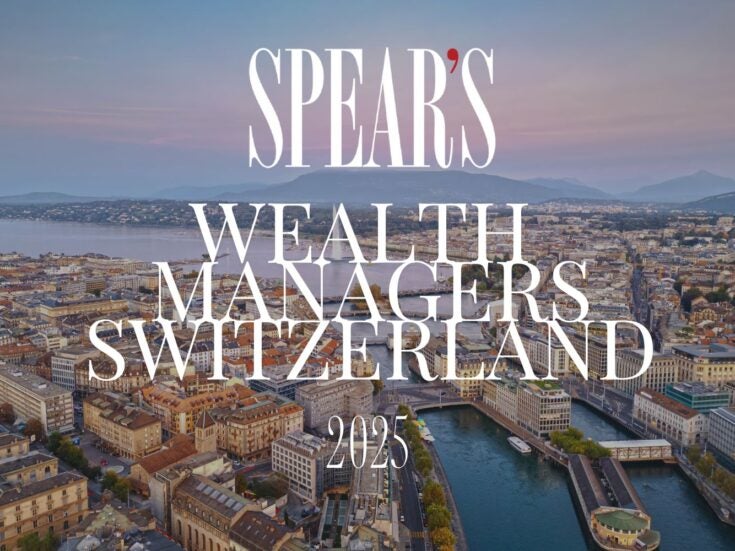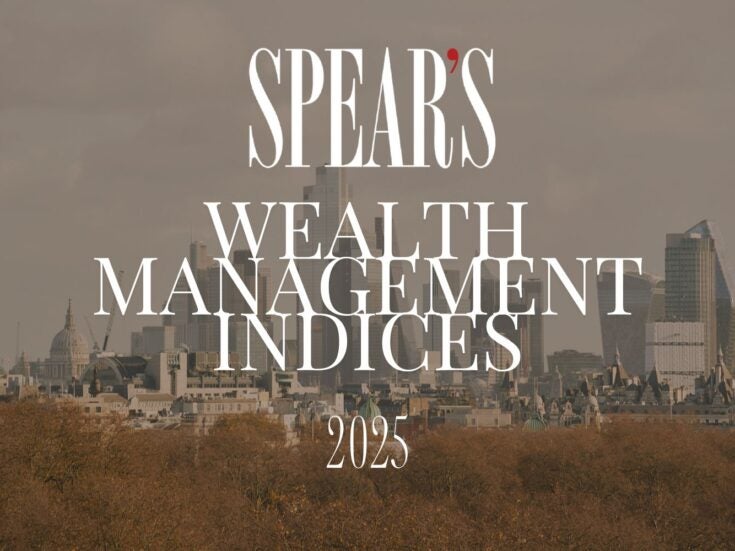
The total wealth held by high net worths has decreased for the first time since the height of the financial crisis in 2008, falling 1.7 per cent in 2011 to $42 trillion, while Asia-Pacific has at last overtaken North America in its number of HNWs: 3.37 million to 3.35 million.
The figures are contained in the World Wealth Report 2012, published today by CapGemini and RBC Wealth Management, which revealed that the only region in the world where HNWs (with a worth over $1 million) got richer last year is the Middle East, where total wealth increased by 0.7 per cent. Globally, the decline in HNW wealth was not as great as during the start of the financial crisis in 2008, when the rich saw a 19.5 per cent fall.
There may be more HNWs now in the Asia-Pacific region than in North America, however their average worth is less: in North America HNWs hold USD 11.4 trillion in assets, while HNWs in Asia-Pacific are worth a total of USD 10.7 trillion.
The US still has the largest population of HNWs than any other country, followed by Japan, Germany, China and the UK. This year India dropped off the list of the top 12 countries by number of HNWs to be replaced by South Korea.

HNWs around the world faced high levels of volatility last year, driven largely by Europe’s ongoing debt crisis. With the eurozone’s troubles continuing and fears for China’s economy, this volatility is unlikely to stabilize any time soon. The report predicts an economic slowdown of -0.2 per cent in Europe in 2012, with global economic growth forecast at a feeble 2.2 per cent for next year. The highest-growing regions next year are forecast as Asia-Pacific (6.1 per cent) and Sub-Saharan Africa (4.4 per cent).
This volatility will prove a challenge for wealth management firms, who are also facing increased regulation and declining profitability. While wealth management AUM have increased since 2008, the cost of operations has risen at a faster rate, decreasing profitability for the sector. Wealth managers may have to reposition themselves and restructure their business to cope with the changing global environment, the report argues.
Read the full report here
Read more by Sophie McBain







